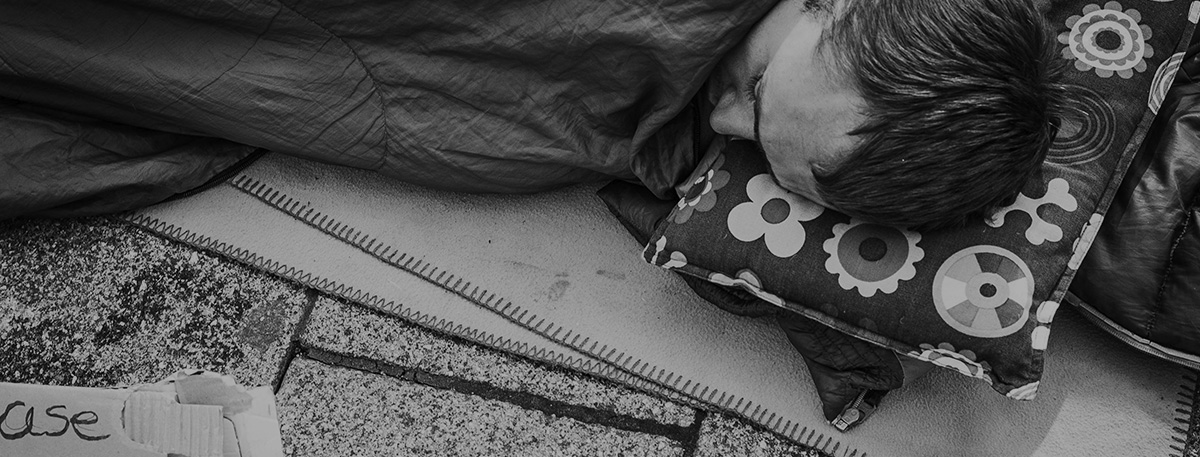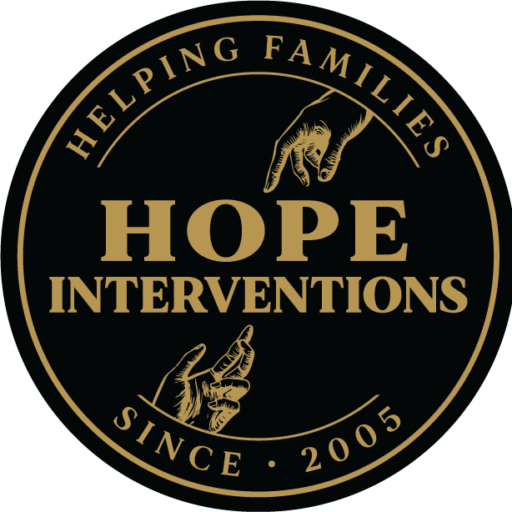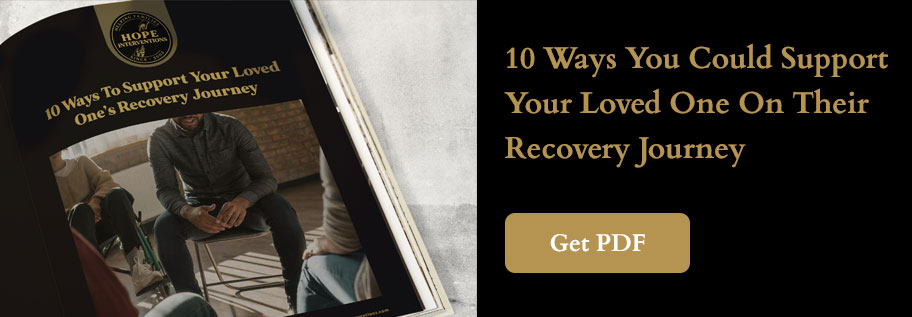Addiction thrives in silence. And silence is often rooted in one of the most powerful and paralyzing emotions we experience: shame.
For many individuals struggling with substance use or mental health challenges, the fear of judgment — from others or themselves — is so overwhelming that they delay or outright refuse to seek help. Families, too, often stay quiet out of embarrassment, guilt, or cultural stigma.
But shame doesn’t protect anyone. It isolates. It hides. And tragically, it can kill.
At Hope Interventions, we help families and individuals break through the walls of shame and reach for recovery with courage, compassion, and clarity. This post explores why shame is so persistent in addiction—and how you can help your loved one (or yourself) overcome it.
Understanding the Weight of Shame in Addiction
Shame is different from guilt.
- Guilt says: “I did something bad.”
- Shame says: “I am bad.”
That inner voice becomes corrosive over time. For someone facing addiction, shame can sound like:
- “I’m a failure.”
- “No one will understand.”
- “I deserve this pain.”
- “If I ask for help, they’ll judge me.”
- “I’ve already disappointed everyone.”
Shame locks people into secrecy. It fuels denial, pushes people away, and often leads to further self-destruction. It’s one of the main reasons individuals avoid treatment, drop out early, or relapse after trying to recover.
Why Shame Persists — Even in 2025
Despite growing awareness and destigmatization campaigns, many factors still reinforce shame:
Internalized Beliefs
Many people with addiction grew up with trauma, neglect, or criticism. They internalize the belief that they’re unworthy of love or healing.
Stigmatizing Language
Words like “junkie,” “addict,” or “crackhead” reinforce harmful stereotypes. These labels strip away humanity and make it harder for people to speak up.
Cultural and Family Expectations
In some cultures or families, addiction is seen as a weakness or moral failing rather than a health issue. This creates an added layer of silence and secrecy.
Social Media Pressure
In a world where everyone is expected to “look okay” online, admitting to a struggle can feel like social suicide.
The Cost of Silence
Shame-driven silence often results in:
- Avoiding treatment until a crisis (overdose, arrest, homelessness)
- Lying about substance use or mental health symptoms
- Hiding relapses instead of seeking support
- Refusing help from family or professionals
- Believing they are beyond saving
But here’s the truth: No one is beyond saving. And everyone is worthy of help.

How to Break Through Shame — As a Loved One
If someone you love is struggling with addiction and shame is keeping them stuck, here’s how you can help:
1. Lead With Compassion, Not Judgment
Say things like:
- “You don’t have to go through this alone.”
- “I still see the real you behind the addiction.”
- “There is help, and you’re worthy of it.”
2. Avoid Labels
Use person-first language: “a person struggling with substance use,” not “an addict.” Words matter.
3. Be Vulnerable Yourself
Sharing your own fears or mistakes builds emotional safety. Vulnerability is contagious—and healing.
4. Consider a Professional Intervention
Sometimes, no matter how much love you show, a person can’t hear it through their shame. A trained interventionist can create a neutral, structured environment to deliver the message of hope in a way that gets through.
How Hope Interventions Helps Break the Cycle
At Hope Interventions, we design interventions that honor the dignity of the individual and support the healing of the entire family.
We:
- Create safe, shame-free spaces for truth to be heard
- Prepare families to speak with empathy, not anger
- Help the individual feel seen, not blamed
- Coordinate treatment options that are trauma-informed and person-centered
And when shame resurfaces during or after treatment, we help everyone stay connected, accountable, and compassionate.
There’s No Shame in Wanting Help — Only Strength
If you or someone you love is stuck in the shadows of addiction, please know: shame is a liar. It says you’re broken beyond repair. But healing is always possible. And asking for help is not a weakness—it’s the bravest thing a person can do.
📞 Contact Hope Interventions today to learn how we can help your family step out of shame—and into hope.

